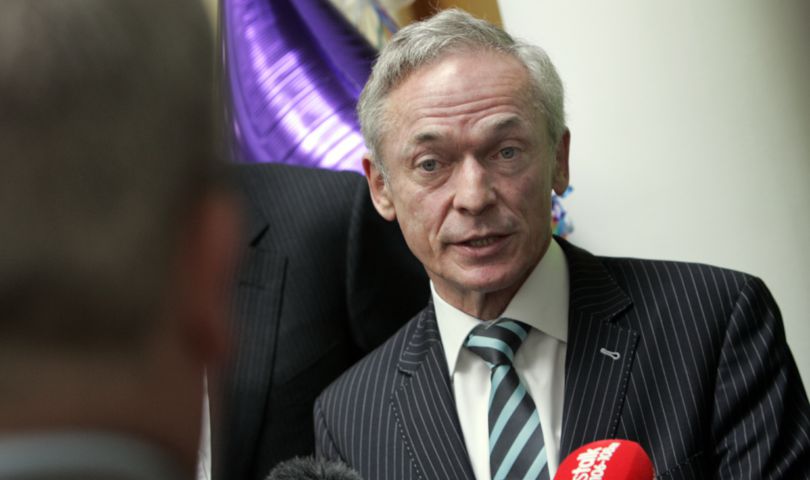Climate action minister Richard Bruton has signalled that Carbon Tax will be raised next year and in subsequent years, pushing up the cost of fuel for motorists and utility bills.
“I believe that we need to set a trajectory for increasing carbon taxes between now and 2030. It is important that people have this certainty,” said Bruton.
Various taxes and levies already account for two-thirds of the price of motoring fuels, and in the past year the cost of diesel and petrol has increased by 15%. The rationale for the Carbon Tax is to raise the cost of carbon-based fuels so as to dissuade people from using them.
Carbon Tax was introduced in 2019 and is levied on fuels as well as kerosene, LPG, natural gas, coal and peat. The tax is currently €20 per tonne and garners around €390m per annum for the Exchequer.
Outlays on official sustainable energy programmes this year will amount to €145m. The other €245m Carbon Tax revenue funds general Exchequer outlays, such as the €170m pay increases for health sector staff in 2019.
In a recent report on the implications of hiking Carbon Tax, ESRI noted that raising the tax by €10 per tonne would add 5c to the cost of a litre of diesel price of diesel and 4c for petrol. ESRI economists also concluded that Carbon Tax increases are regressive.
The Institute also speculated that even doubling the Carbon Tax might reduce emissions by 5%, though not if the economy continues to expand at the current pace.
The minister has secured government approval to draw up an ‘all of government’ plan to make Ireland a leader in responding to climate change. Bruton also announced that Ireland would have to recommence the purchase of greenhouse gas emissions allowances and renewable credits.
Off Target
He explained: “Ireland had agreed to reduce greenhouse gas emissions by 20% below 2005 levels. Current projections suggest that we might achieve a 1% reduction, meaning we would be 95% off target.
“Ireland will need to purchase compliance in order to meet the 2020 targets. This cost is currently estimated to be between €6m-€13m and is in addition to previous purchases and agreements entered into by the state, amounting to some €120m in total since 2007.
“From 2020 onwards the cost of not meeting our climate commitments will grow very significantly. In terms of renewable energy, a four percentage point shortfall in Ireland’s target could cost €90m or significantly more.
“It has never been more clear that we need to make a step change across government. I will be seeking to work with colleagues across government to develop new initiatives across electricity, transport, heat, as well as a range of other sectors. The focus will be on implementation. We will identify actions with clear timelines and the steps needed to get there, and assign clear lines of responsibility for delivery.”









